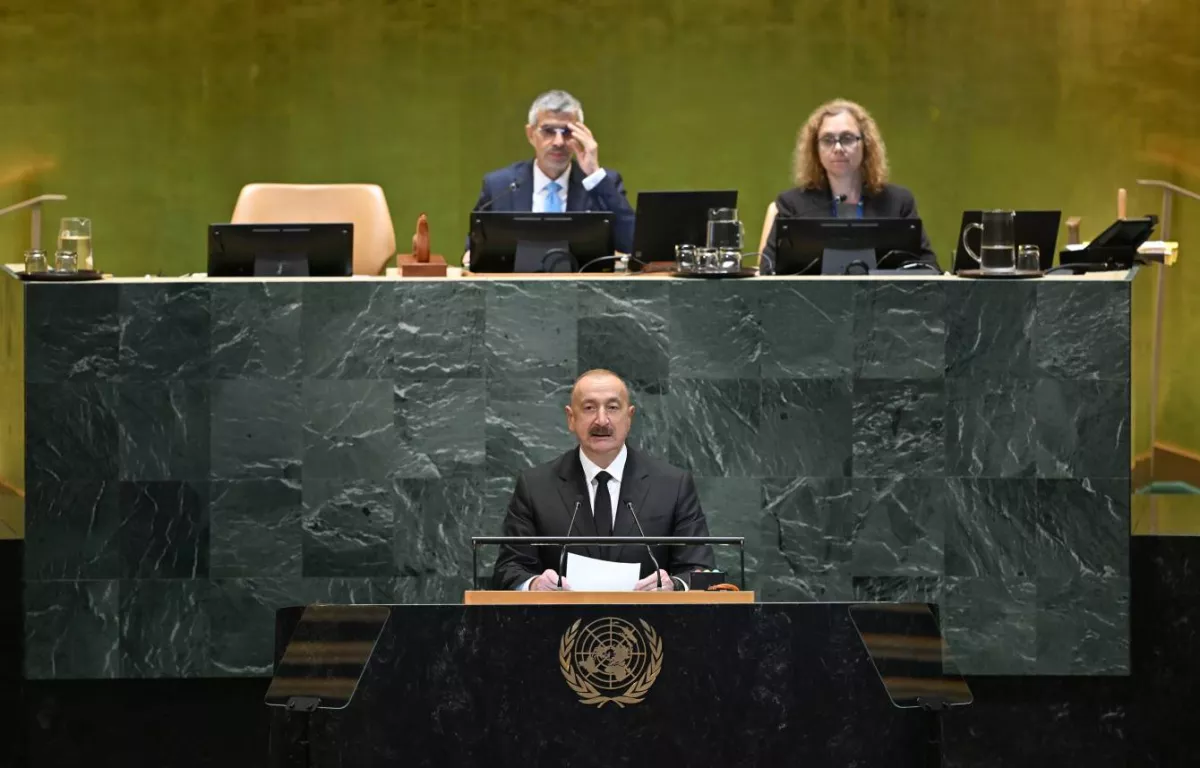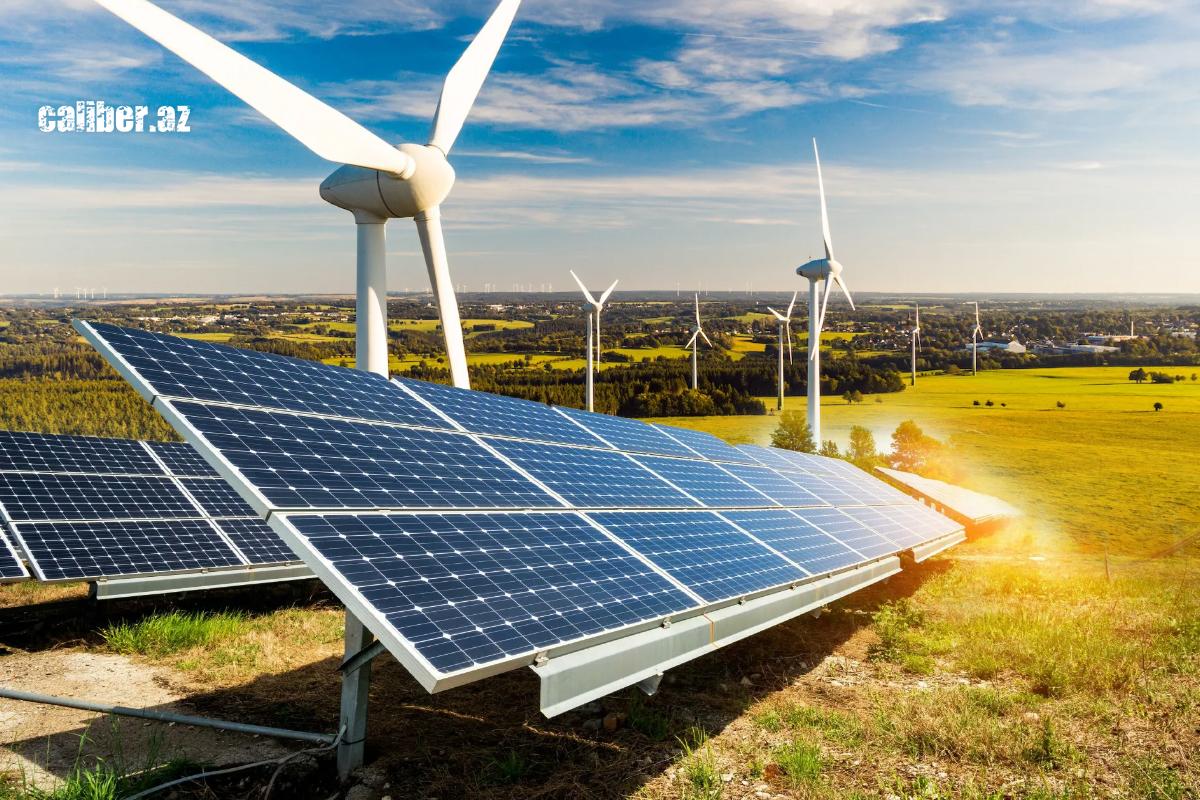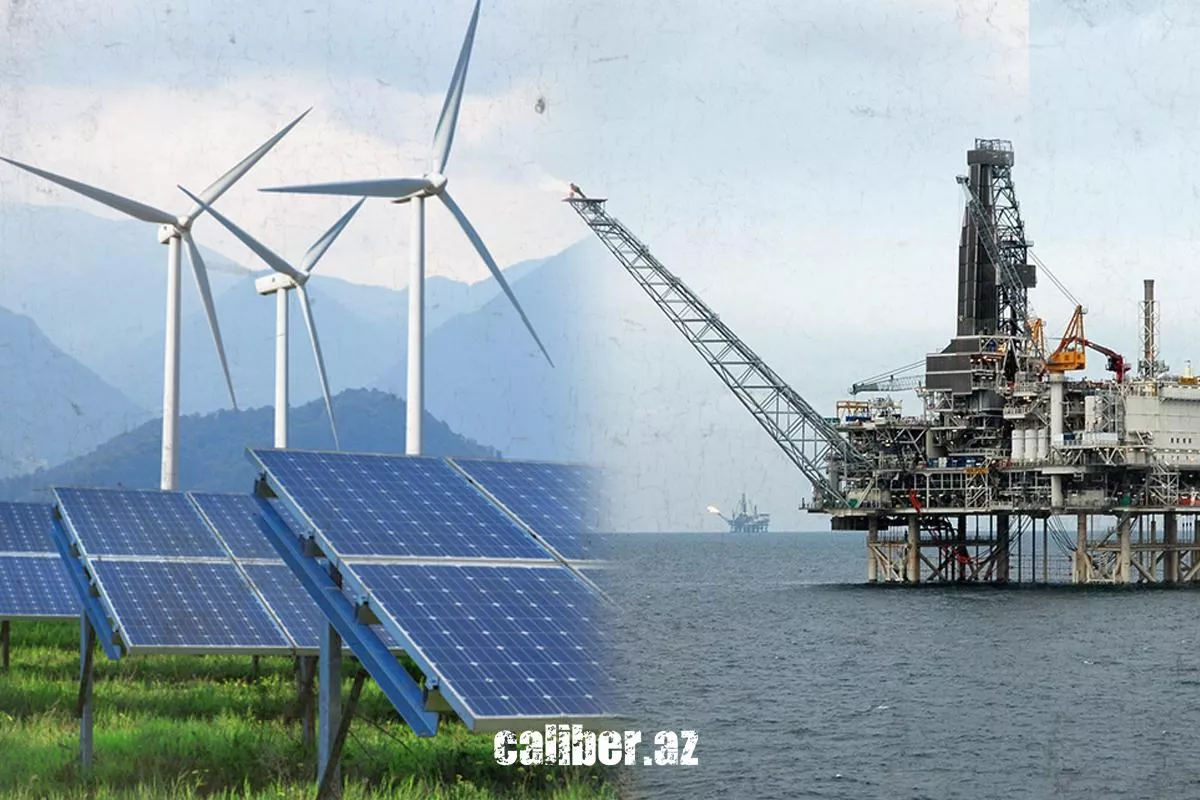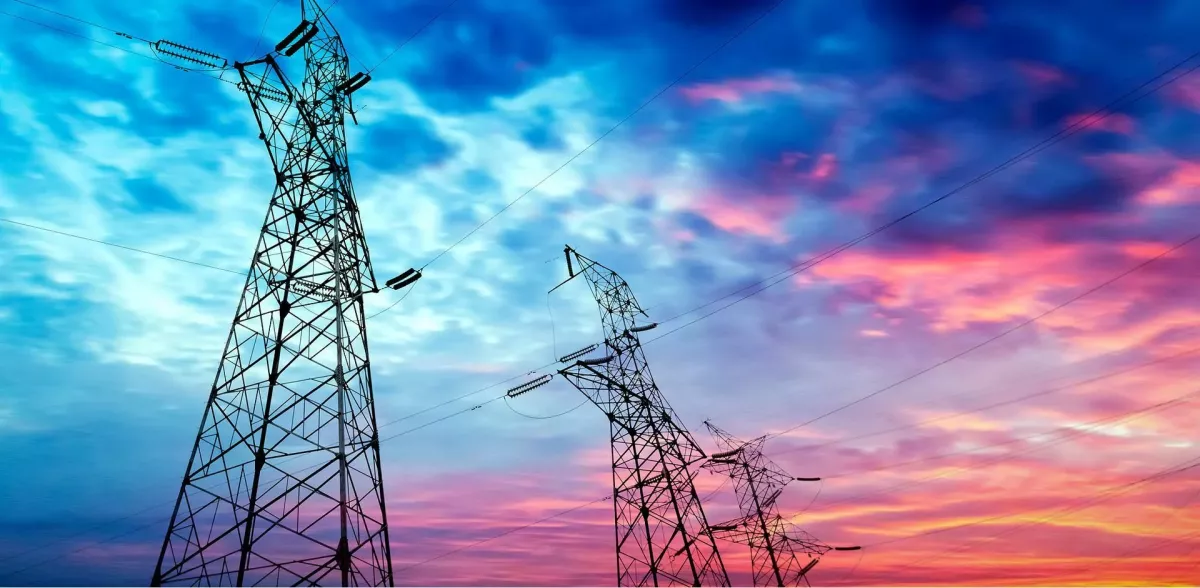Green Energy Week 2025: Baku bets on renewable energy Caliber.Az review
In recent years, Azerbaijan’s energy sector has increasingly focused on developing renewable energy sources (RES). To tap into the country’s abundant RES potential, Azerbaijan has established a modern legal framework, introduced fiscal and other incentives for investors, and strengthened cooperation with leading international companies.
The ongoing Azerbaijan & Central Asia Green Energy Week 2025 in Baku has showcased the country’s achievements in alternative energy, highlighted promising directions for RES development, and emphasised the support provided by international donor organisations.
“Azerbaijan also attracts large investments in renewable energy sources like solar, wind, and hydro power. Almost 40 % of our energy will be generated by renewables by 2030,” President Ilham Aliyev stated during the landmark 80th session of the UN General Assembly.

To achieve this goal, over the past three to four years, Azerbaijan’s national authorities, in collaboration with international organisations, have worked intensively to advance the country’s green energy sector. Simultaneously, local projects are being implemented in areas such as decarbonisation, improving energy efficiency in public utilities, and introducing environmentally friendly technologies in industrial processes.
Most projects in Azerbaijan’s domestic RES sector are financed through foreign investments, expected to exceed $2.8 billion over the next few years. Key investors include Masdar from the UAE and ACWA Power from Saudi Arabia, with additional participation from companies based in the European Union, the United Kingdom, Türkiye, China, and other countries.
According to the Azerbaijan Renewable Energy Agency, as of early 2025, the country’s installed RES capacity reached 1,792.64 MW, accounting for roughly 21.3% of the total national power system capacity. With the planned construction of eight industrial-scale solar and wind power plants, the national power system is projected to expand by an additional 2 GW by 2027, with potential for even greater “green” capacity in the future.

Speaking at the Azerbaijan & Central Asia Green Energy Week 2025, Deputy Director of the State Agency, Rena Humbatova, highlighted the country’s ambitious renewable energy plans. By 2027, eight solar and wind power plants are scheduled to be commissioned across Azerbaijan. Additionally, within the next two years, two solar power plants with a combined capacity of around 530 MW will become operational in the Nakhchivan Autonomous Republic (NAR).
Humbatova noted that the first phase of RES projects has already been completed, including the 230 MW Garadag solar power plant. The second phase is expected to conclude by the end of this year with the commissioning of the 240 MW Khizi-Absheron wind power plant.
In 2026, Azerbaijan plans to launch solar power plants with a total capacity of 760 MW, including Bilasuvar (445 MW), Neftchala (315 MW), and Gobustan (100 MW). By 2027, the Absheron-Garadag wind power plant (240 MW) is expected to come online, along with three solar projects: Shafag (240 MW), UFUQ (50 MW), and Shams (50 MW).
Notably, key partners in Azerbaijan’s renewable energy development are international donor organisations. For several years, specialists from the World Bank’s International Finance Corporation (IFC) have supported the Ministry of Energy in developing sectoral roadmaps, preparing for the production and export of low-carbon hydrogen, and advancing wind energy projects in the Caspian region.
“At the regional level, Azerbaijan is positioning itself as a hub for green energy. We are witnessing the implementation of numerous projects, including via public-private partnerships, aimed at developing green hydrogen and other elements of the energy transition,” said Leyla Huseynli, IFC sustainable finance expert, at the forum.
“Around 90% of buildings in Azerbaijan rely on gas, and there is a significant gap between domestic consumption tariffs and export gas prices. By improving energy efficiency, domestic gas consumption can be reduced, while exports would generate additional revenue for the country,” she added.
Three years ago, specialists from the World Bank, in collaboration with relevant EU organisations, launched the Azerbaijan Scaling-Up Renewable Energy Project (AZURE). The initiative also aims to support Azerbaijan in developing a roadmap for green finance and creating new green investment instruments.
Under the Azerbaijan Rapid Technical Assistance Facility (AZTAF), the World Bank and EU partners signed an administrative agreement to implement the AZURE project. In July of this year, the International Bank for Reconstruction and Development (IBRD), part of the World Bank Group, signed a $173.5 million loan agreement with “AzerEnerji” to integrate a network of privately funded solar and wind power plants into the national grid, with a combined capacity of 1 GW.
This project includes connecting the 240 MW Absheron-Garadag wind power plant to the transmission network, strengthening and expanding the 330/500 kV high-voltage grid, and enhancing overall system stability to allow for the future integration of up to 1.8 GW of renewable energy generation.

“Azerbaijan is moving in the right direction with its reforms and is seeking ways to more effectively utilise markets, particularly in the electricity sector – transmission, distribution, and generation. This approach is very important, as it is a necessary condition for integration with the European Union grids,” said Florian Kitt, Senior Energy Specialist at the World Bank Group, during the Green Energy Week 2025 forum.
According to the expert, by moving away from the traditional oil and gas sector, which accounts for over 80% of the national economy, and focusing on other available resources — wind (both onshore and offshore) and solar energy — Azerbaijan has already achieved tangible results: the country operates solar power plants and a wind park feeding electricity into the grid.
“Overall, the government today aims to shift from exporting traditional hydrocarbon resources to exporting renewable energy. The World Bank fully supports these processes and is actively engaging with Azerbaijan, as well as Georgia and Türkiye, on ways to access European export markets,” Kitt emphasised.
A World Bank representative also noted that Azerbaijan has additional underground resources where the expertise accumulated in the oil and gas sector can be applied. This refers to geothermal energy, which can be used directly in agriculture and resort activities, as well as for electricity generation.
The first steps in this direction are being taken by SOCAR Green, a subsidiary of the State Oil Company of Azerbaijan (SOCAR). According to Elchin Targuluyev, a solar and wind energy specialist at SOCAR Green, a geothermal project is expected to be implemented in the country in the coming years.
“We are working together with the Ministry of Energy to develop initiatives in geothermal energy. Currently, these are at the pilot project stage and require significant government support, as their levelized cost of electricity (LCOE) is higher than current network prices. Therefore, issues of state support, risk reduction, and cost optimisation are being discussed,” emphasised forum participant Targuluyev. “Our goal is to commission the first geothermal project in Azerbaijan by 2030.”
A SOCAR Green representative also noted that work has begun on a 250 MW green energy storage system, which will be integrated into the national grid in 2027. This refers to the recently initiated Battery Energy Storage Systems (BESS) project by “AzerEnerji”, located near the capital at the 500 kV Absheron substation and the 220 kV Agdash substation.

According to Targuluyev, SOCAR Green develops its activities across three operational areas. The first is the development and management of green and low-carbon projects, which include renewable energy, biofuels, green hydrogen, geothermal energy, and carbon capture and storage.
“Our second goal is to support SOCAR’s decarbonisation targets. SOCAR has committed to reducing emission intensity by 30% by 2035, cutting absolute emissions by 20% by 2035, and achieving net-zero emissions by 2050. The third area of activity is knowledge accumulation and consolidation: currently, the country faces a shortage of RES experts, and we aim to turn Azerbaijan into a regional hub of expertise in green energy and technologies,” emphasised the SOCAR Green representative.
In this regard, the expert emphasised that it is necessary to develop local competencies in Azerbaijan: establishing EPC companies (engineering, procurement, and construction), O&M companies (operation and maintenance), attracting equipment manufacturers, and supporting their growth. This is a critically important point because if the development of the RES sector relies solely on imported equipment and technologies and on foreign skilled personnel, most of the funds will leave the country, even if the investments are formally made in Azerbaijan.








